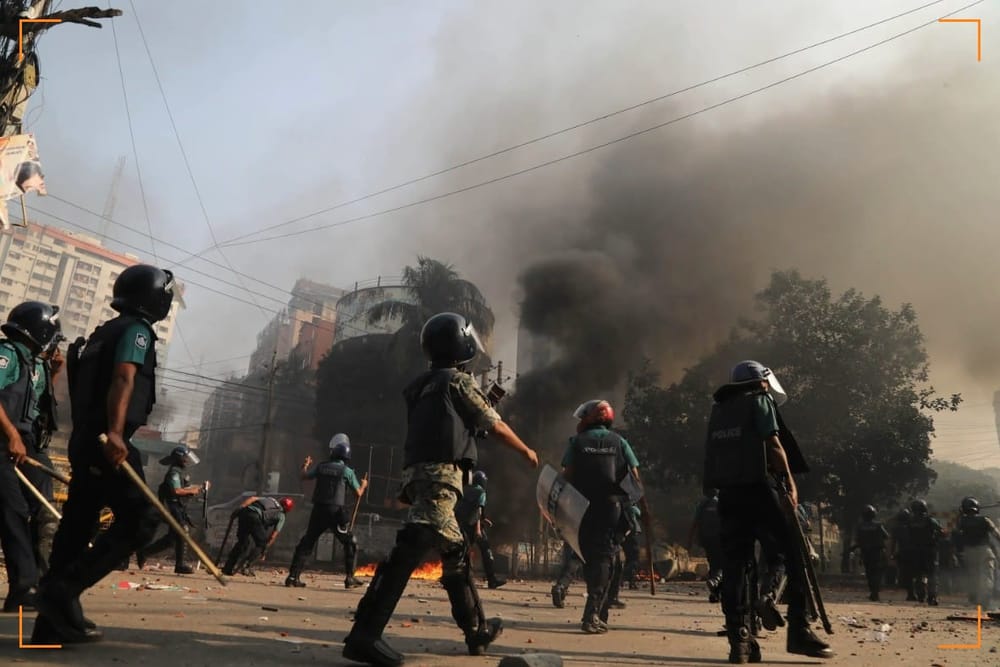
Report Details
Initial Publish Date
Last Updated: 27 MAR 2025
Report Focus Location: Asia-Pacific
Authors: DP, ZR
Contributors: GSAT
GSAT Lead: MF
RileySENTINEL provides timely intelligence and in-depth analysis for complex environments. Our global team blends international reach with local expertise, offering unique insights to navigate challenging operations. For custom insights or urgent consultations, contact us here.
Report Summary
This report presents a thorough examination of the current geopolitical and security environment of the Asia Pacific Region, with an emphasis on developments in Afghanistan, North Korea, Myanmar, Bangladesh, Sri Lanka, the Philippines, and Thailand.
Heightened military activity—including North Korea’s missile tests, Japan’s defense expansion, and the U.S.-Philippines joint military initiatives—has intensified regional security concerns. In Southeast Asia, Myanmar remains a focal point of instability, with ongoing conflict, scam syndicates, and declining humanitarian aid deepening civilian suffering. Similarly, Afghanistan’s healthcare system teeters on collapse due to critical funding shortages, threatening millions with loss of essential services. Meanwhile, several countries are contending with political volatility. The Philippines is grappling with domestic unrest following the arrest of former President Rodrigo Duterte, while Bangladesh’s interim government faces scrutiny over past mismanagement despite early signs of economic stabilization.
Despite these challenges, stabilizing factors are emerging. Sri Lanka’s economy has outpaced IMF projections, and the Philippines is expanding trade through a £5 billion financing deal with the UK. Thailand is addressing property market struggles through new mortgage policies, and the reopening of Afghanistan’s Torkham border signals renewed diplomatic engagement. Environmental risks, including Bangladesh’s forest fires and Sri Lanka’s dengue outbreak, pose additional stressors, underscoring the region’s vulnerability to climate-linked threats. Going forward, enhanced regional cooperation, targeted humanitarian aid, and strategic economic partnerships will be vital to counterbalance growing instability and ensure sustainable development across Asia-Pacific.
Remaining content is for members on Charter Member only.
Please subscribe to Charter Member and unlock this article and more content.
Subscribe Now





